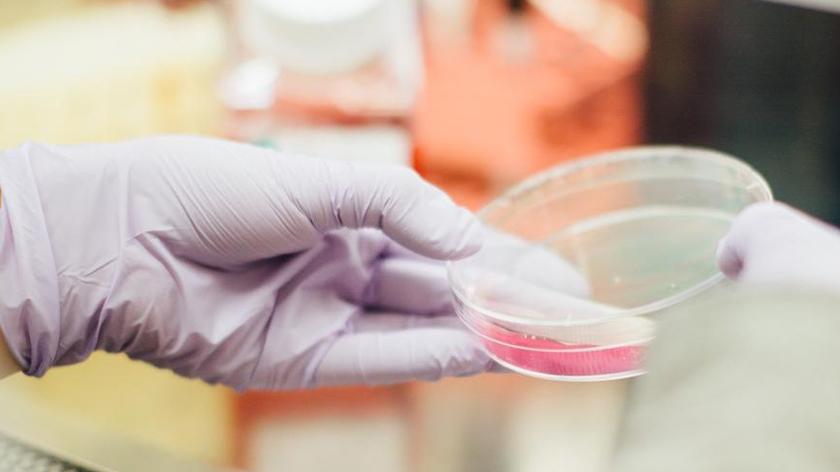BiomX reports “impressive” data in first bacteriophage trial

Hope that bacteriophages could represent a new therapeutic strategy for resistant bacterial infections has been bolstered by a study conducted by BiomX in cystic fibrosis (CF) patients.
While still early, the results show that in nine patients with CF and chronic infections with Pseudomonas aeruginosa (CF-P.a.) there was a five-fold (approximately 95%) reduction in bacterial burden – measured by colony forming units (CFU) at day 15 – in the first placebo-controlled trial of the BX004 bacteriophage cocktail.
The results from the phase 1 portion of the phase1/2a study have been described as “impressive” by analysts at Ladenburg Thalmann, as they show evidence of efficacy with a short seven-day duration of treatment, as well as the safety and tolerability of BX004. Management also said the data was better than would be expected with a short, ascending-dose regimen.
Bacteriophages are viruses that solely and selectively target and kill bacteria, and are being proposed as an alternative to antibiotics, able to offer highly-selective activity against pathogens, whilst sparing other beneficial organisms in the body.
So far, there are no approved therapies based on bacteriophages, although some patients with severe multidrug resistant infections have been treated with them on an experimental basis. That includes BX004, which has been shown in several patients treated at Yale University in the US to reduce CFUs by 99% after seven to ten days of dosing.
In BiomX’ trial, CF patients – who are vulnerable to persistent bacterial infections, due to over-production of sputum in their lungs – were already receiving a stable regimen of background antibiotic therapy, suggesting the bacteriophage cocktail was providing additional benefits.
The phase 2 portion of the study is already underway, with two out of a target 24 patients already dosed with a 10-day regimen, and results expected in the third quarter of 2023.
“In our view, BiomX appears to have appropriately selected the phages for its cocktail to generate safe and effective results in CF-P.a. patients,” said Ladenburg Thalmann analyst Michael Higgins in a research note.
This group of patients is generally treated with inhaled antibiotics twice a day on a 28-day on, 28-day off regimen or daily oral antibiotics, but these have limited efficacy and can stimulate antibiotic resistant strains.
“While resistance development is inevitable, the rate at which resistance occurs is ~10-fold slower following phage therapy compared with resistance development following antibiotic therapy,” according to the analyst.
Pseudomonas aeruginosa, which can form ‘biofilms’ in the lungs of patients, is the most important contributor to morbidity and mortality in people with CF, a disease where 80% of patients succumb to respiratory failure due to inflammation and chronic bacterial infection.
The data has emerged as BiomX announced a $7.5 million private placement – backed by existing investors Orbimed and the Cystic Fibrosis Foundation – that will be used to fund further clinical development of BCX004.












